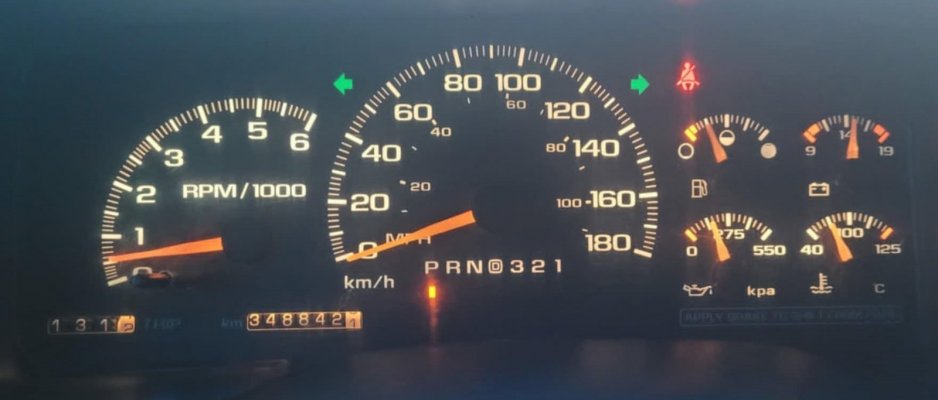Worse fuel mileage is only one of the problems running too cool will cause. The engine was designed to run within a certain operating range to help promote more complete combustion and it's cooling system designed to support and maintain this temperature range. When running too cool, the fuel isn't burned as efficiently. This can lead to excess carbon build-up in the combustion chambers and even clogging of the catalytic converters. When warming up, the engine can remain in open loop ("warm-up") mode for too long, meaning that the PCM is adding extra fuel longer than necessary in an effort to get the engine up to operating temperature. The excess unburnt fuel can also soot over the upstream O2 sensors. So, once warmed up and in closed loop, if it gets there, the sensors don't read the exhaust as accurately and report the exhaust as being leaner than it actually is. The PCM increases fueling thinking it needs to richen the mixture, further exacerbating the issues.
It's old school thinking to keep an engine running as cool as possible. Engines and their lubricants are so far advanced (yes, even the old Gen3 Vortecs) from those days that they can safely reap the benefits of higher combustion and operating temps. 195-215 is a perfectly safe and efficient operating range.
As far as the gauge is concerned, it may or may not be acceptably accurate. A possibly faulty sensor and the loose manufacturing tolerances of the gauge cluster, typical of this era, leave this aspect to be questioned.
On the flip side, having a thermostat stuck open or even no thermostat can actually cause an engine to run hotter, especially during hot weather and when cruising. The coolant needs to flow to carry the heat from the engine and through the radiator to be cooled so it can go back into the engine to repeat the cycle. If there's no restriction (stuck open or no thermostat), the coolant may not remain in the radiator long enough to be cooled sufficiently so the operating temps rise.
You may be fine burning extra fuel because "it gets crappy mileage anyway", but it's actually costing you more than just more frequent trips to the gas station.

